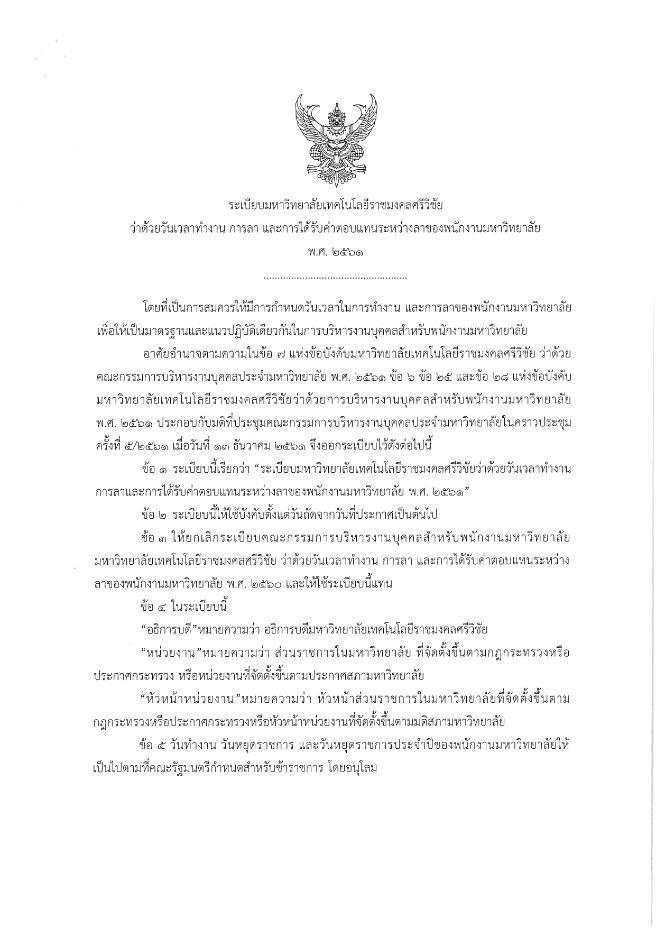Reporters: Asst.Prof. Saowanee Chaipech, Dr. kittichon Utaynapun, Asst.Prof. Sudanai Krualee, Mr. Ugrit Chammari
Evidence Date: during 2023 Jan-Dec
Related SDGs:

Related Indicators: 12.2.8
Details:
The announcement from Rajamangala University of Technology Srivijaya on sustainable consumption and production since A.D.2022.
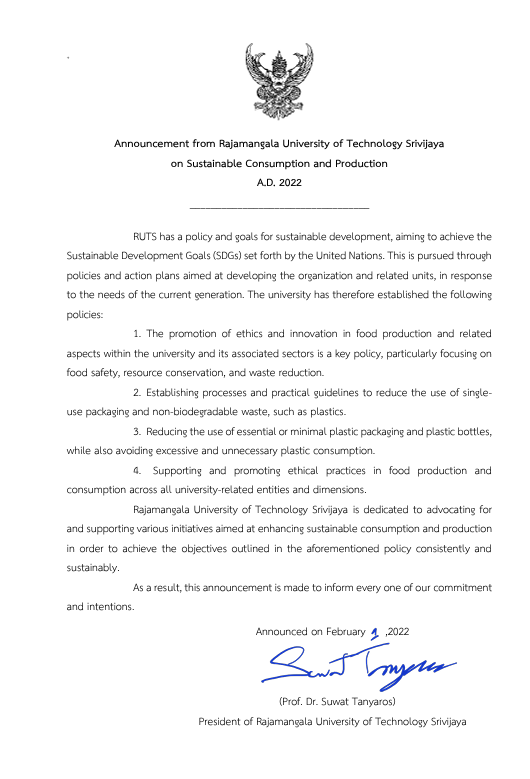 |
Evidence I
Blackchin tilapia that is known as alien fish has caused considerable ecological damage and impact on fishing in Thailand because of its rapid growth. The implement a program that utilizes alien fish as a sustainable feed source for crabs has been applied by outsourced RUTS, crab’s farmer. By sourcing these invasive fish, it can help control their population while providing a nutritious feed option that enhances the growth and health of farmed crabs. This initiative aimed to supports sustainable aquaculture practices and creates value in the supply chain by turning a potential environmental problem into an economic opportunity with key point is local farmers which get benefit from a more sustainable feed source, government for reducing alternative ecological maintenance, while students can gain hands-on experience in managing ecosystems and understanding the importance of biodiversity. Furthermore, this program can serve as a platform for entrepreneurial ventures, such as developing processed crab products that highlight the sustainability of the feed used. Overall, this approach reduces the impact of alien fish, supports local economies, and promotes responsible consumption practices.
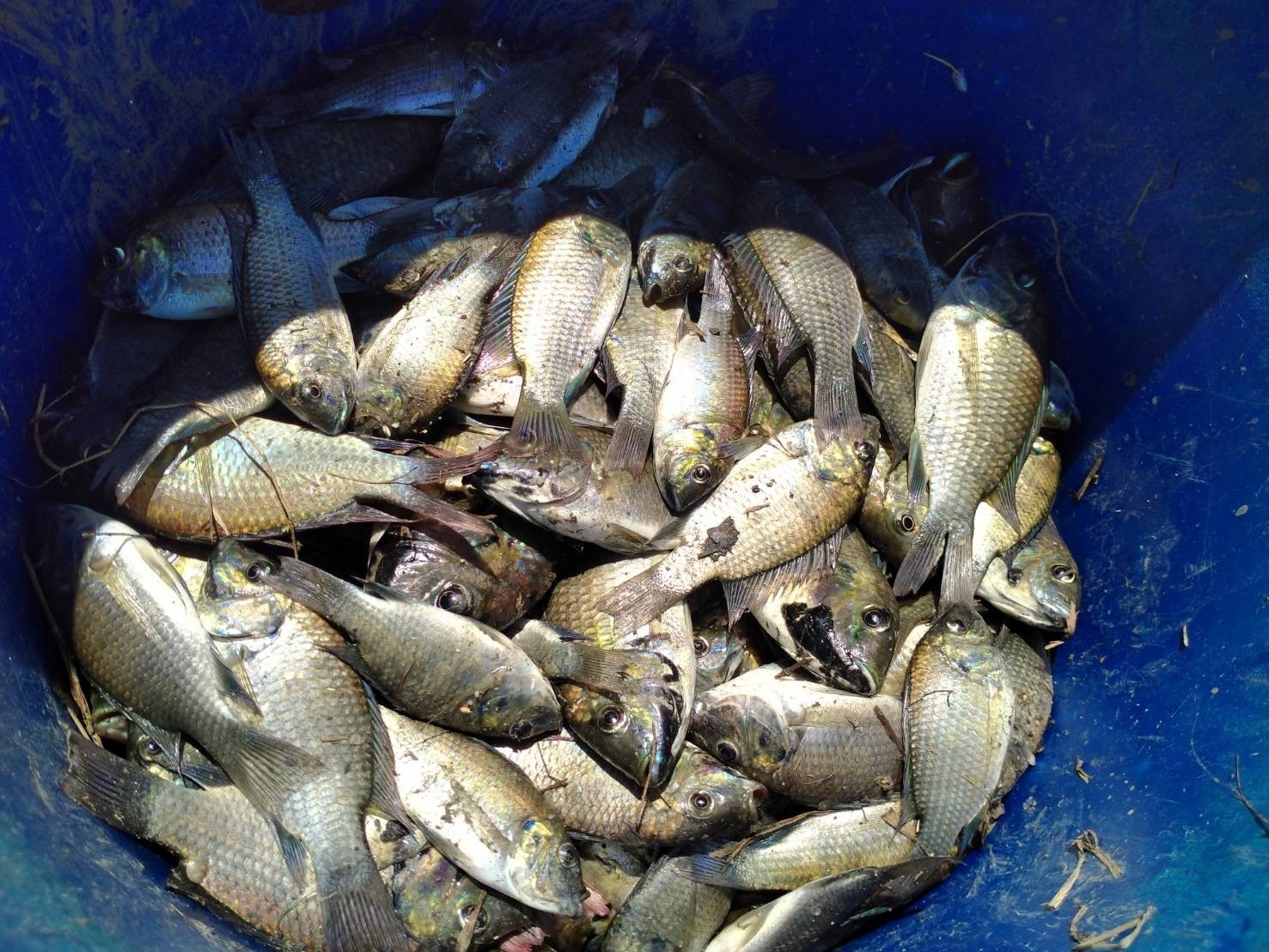 |
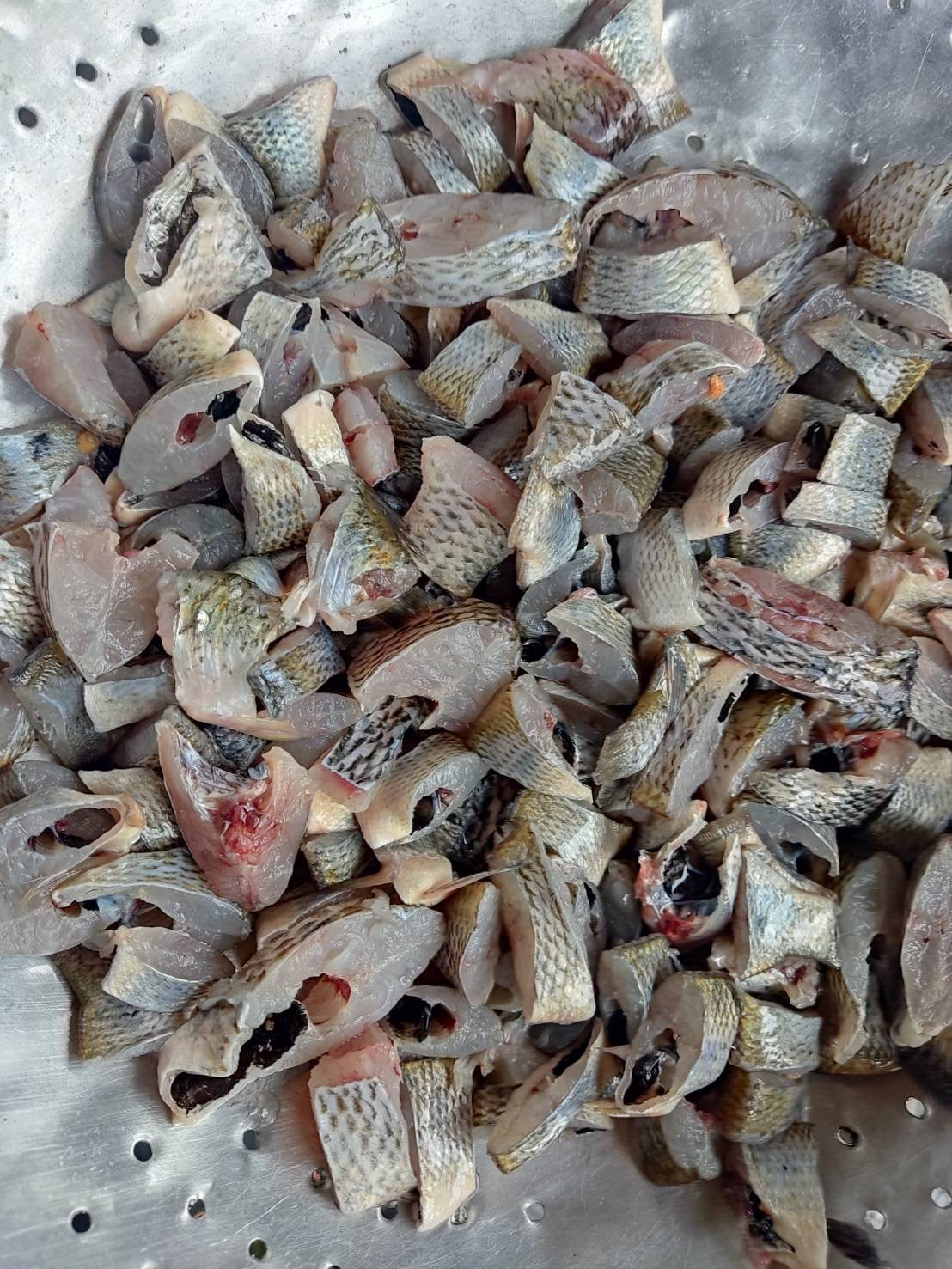 |
https://agr.rmutsv.ac.th/ruts/sdgs/extend_outsourced
Evidence II
RUTS also explore the use of alien fish as a feed source in shrimp aquaculture, thereby enhancing both the attractiveness and sustainability of shrimp farming. By incorporating these invasive species into shrimp feed, farmers can significantly reduce their reliance on traditional fishmeal, which often contributes to overfishing and ecological imbalance. Utilizing alien fish can improve the nutritional profile of shrimp feed, resulting in healthier and more robust shrimp that can command higher market prices and increase consumer demand. Furthermore, partnering with local farmers and government fisheries can facilitate research and development on optimal feed formulations, ensuring that the integration of alien fish aligns with sustainable aquaculture practices. Educational programs can be created to inform farmers about the benefits of using alien fish, enhancing their willingness to adopt these innovative practices. By promoting the use of alien fish in shrimp aquaculture, it contributes to responsible consumption patterns, support local economies, and encourage the development of sustainable solutions that address environmental challenges while increasing the competitiveness of local shrimp products in the marketplace.
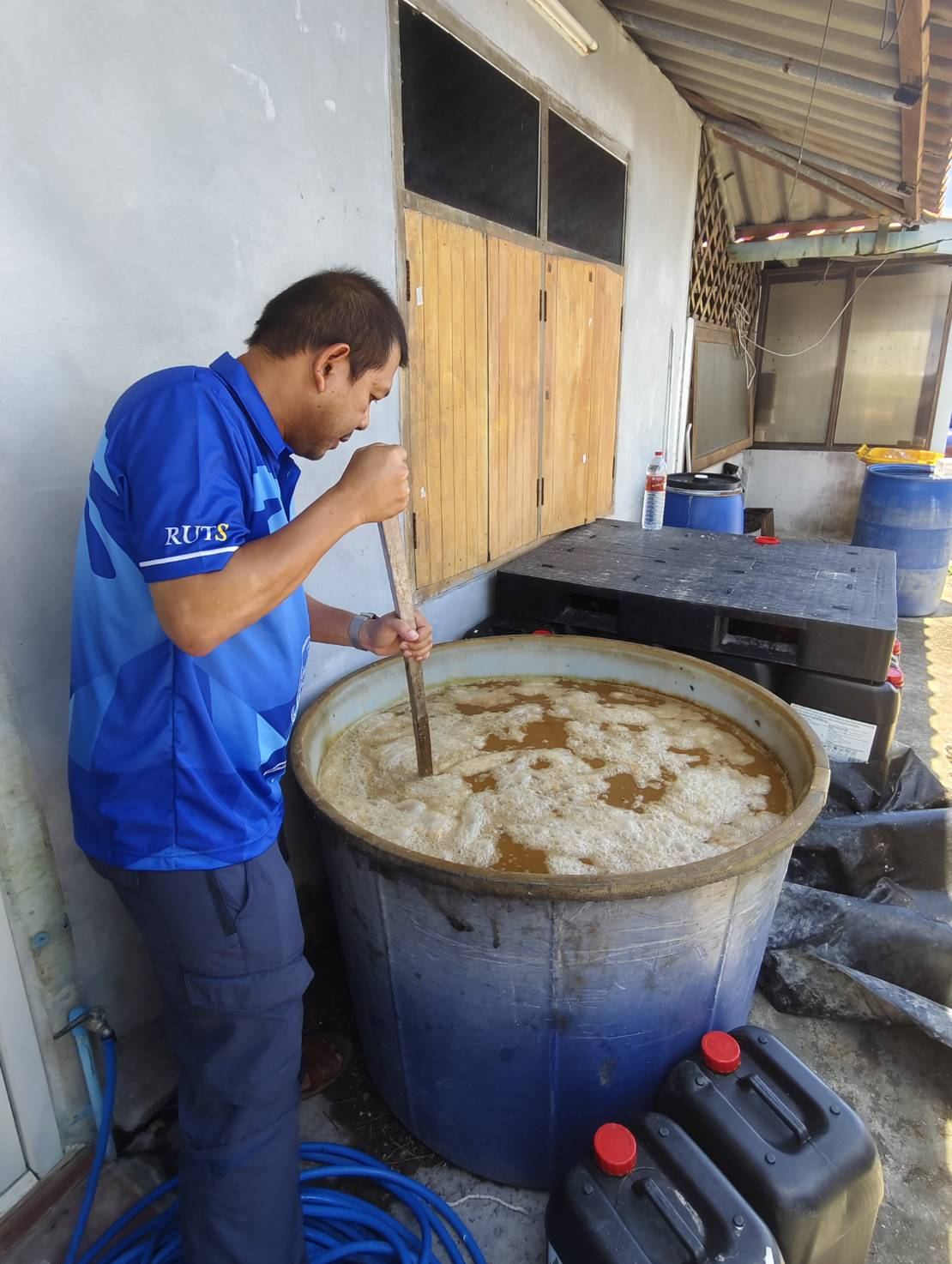 |
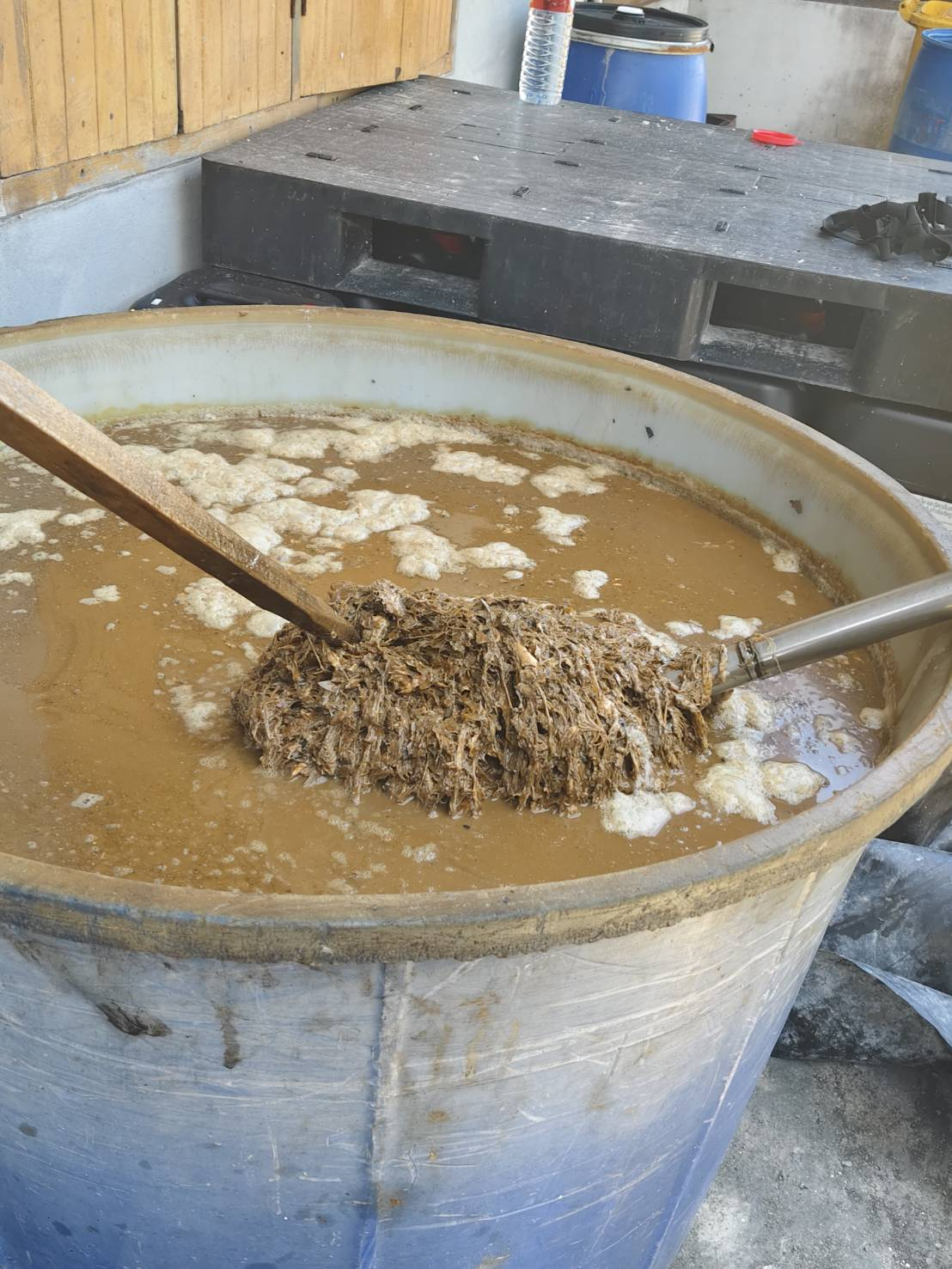 |
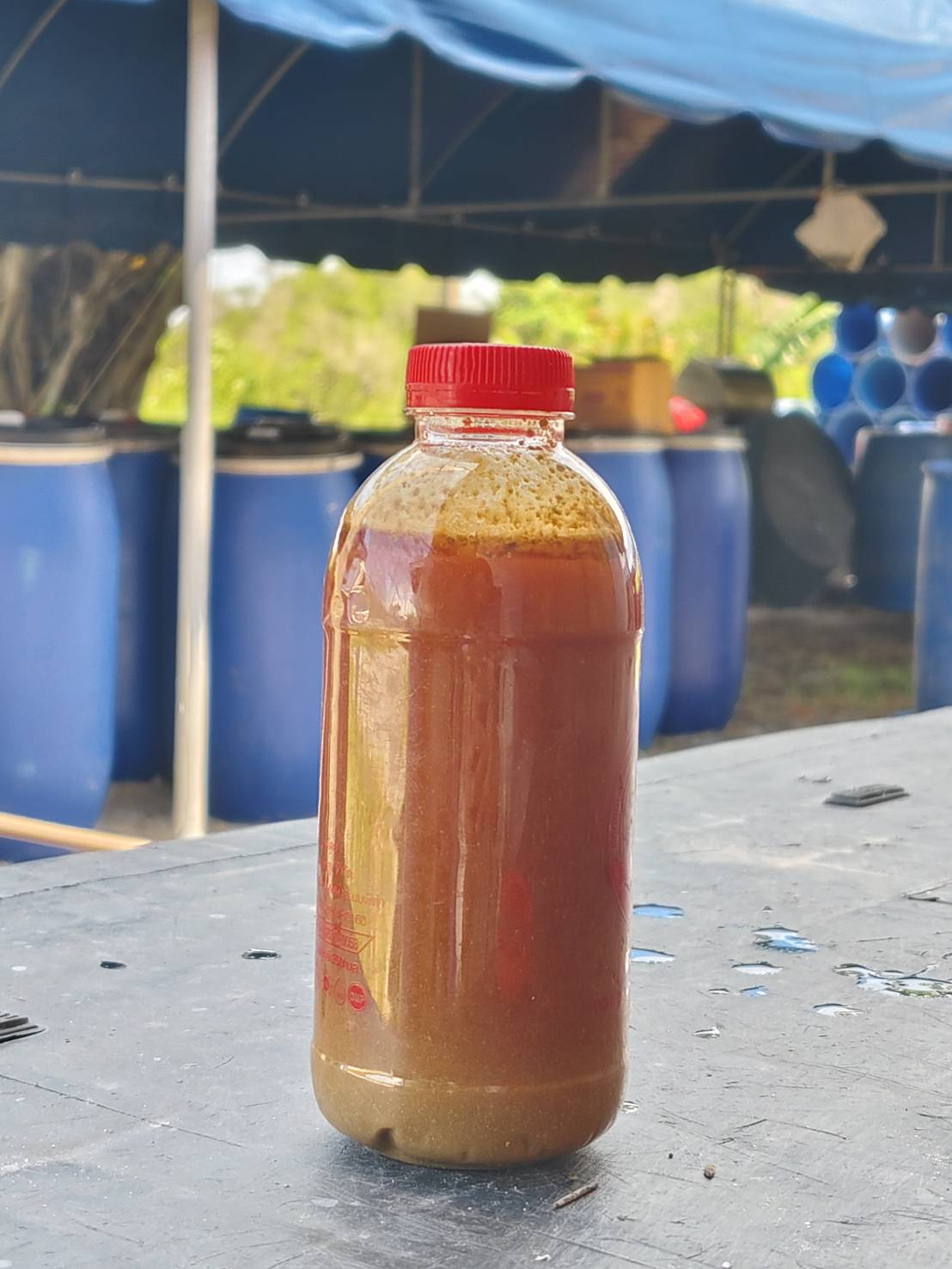 | |

